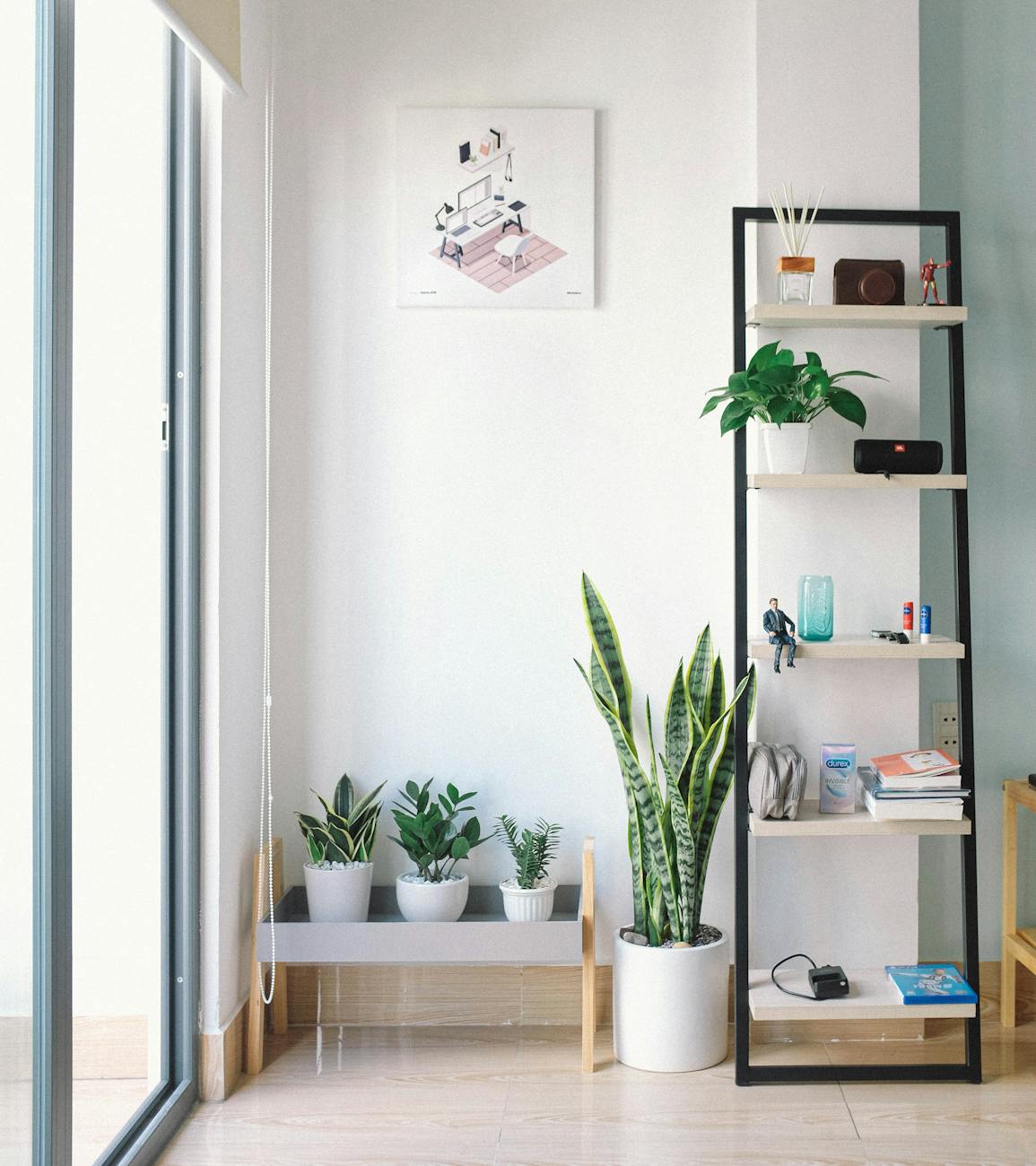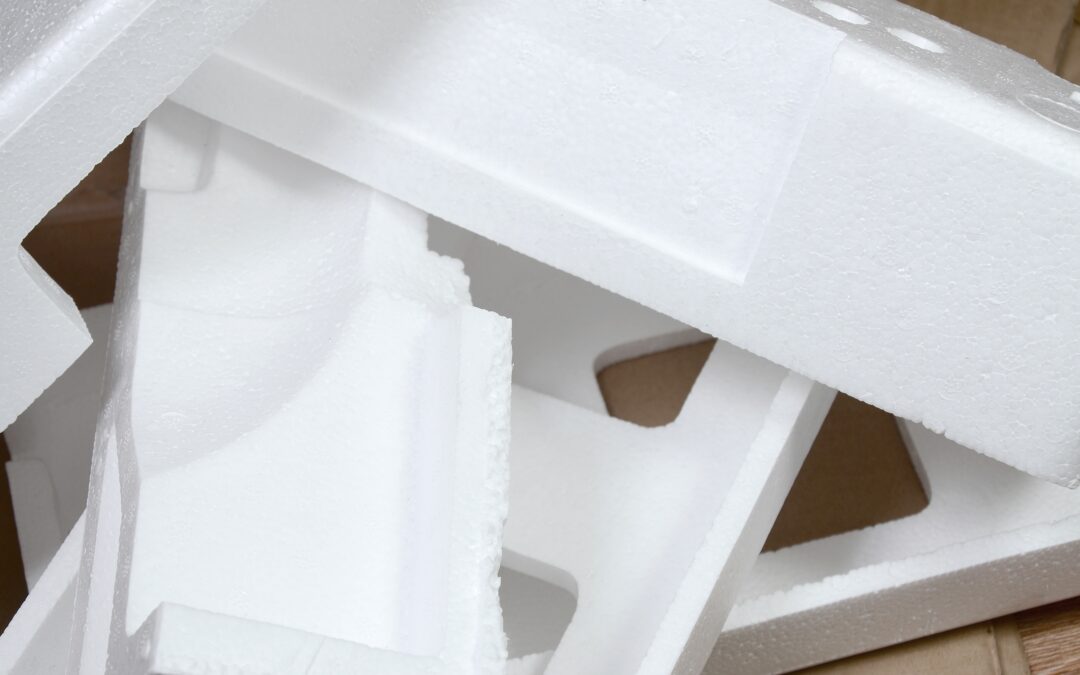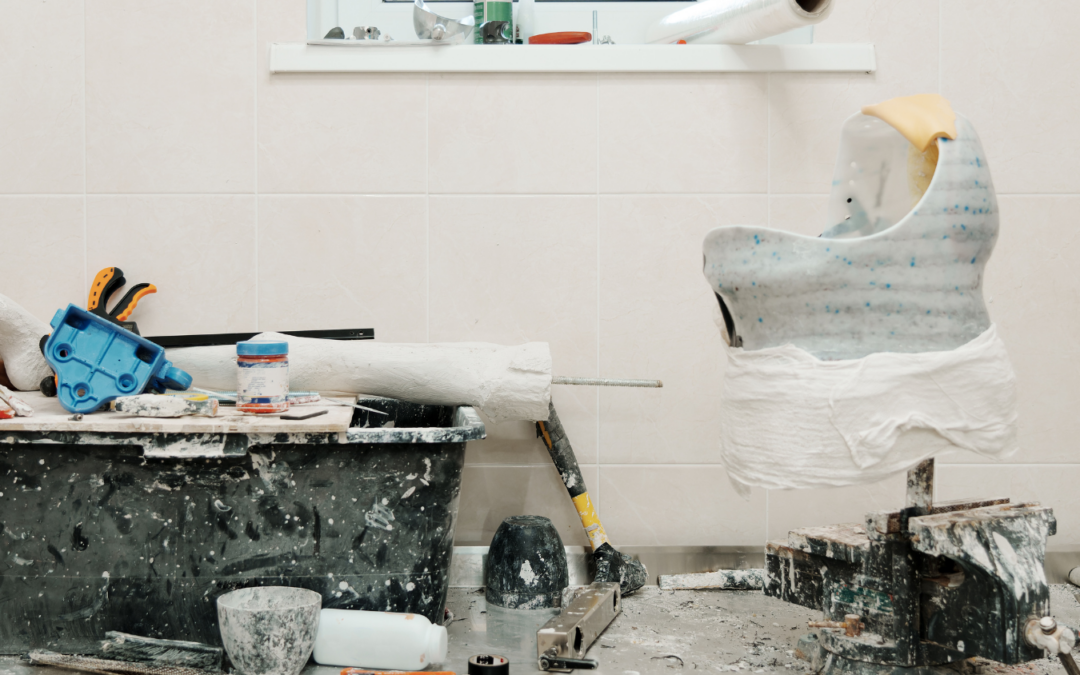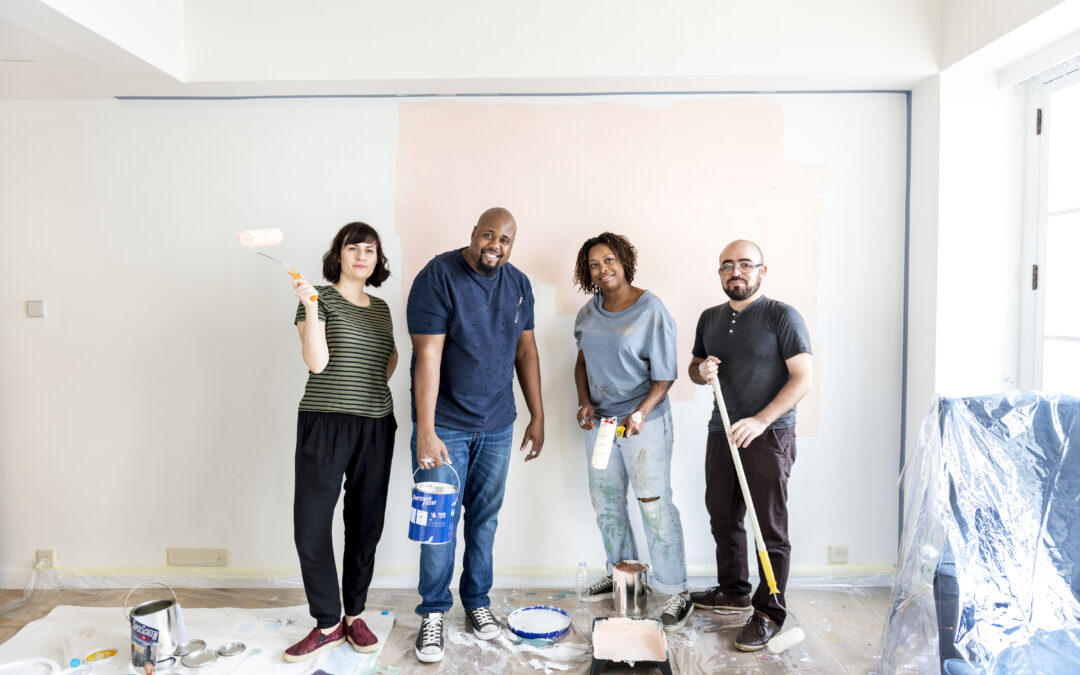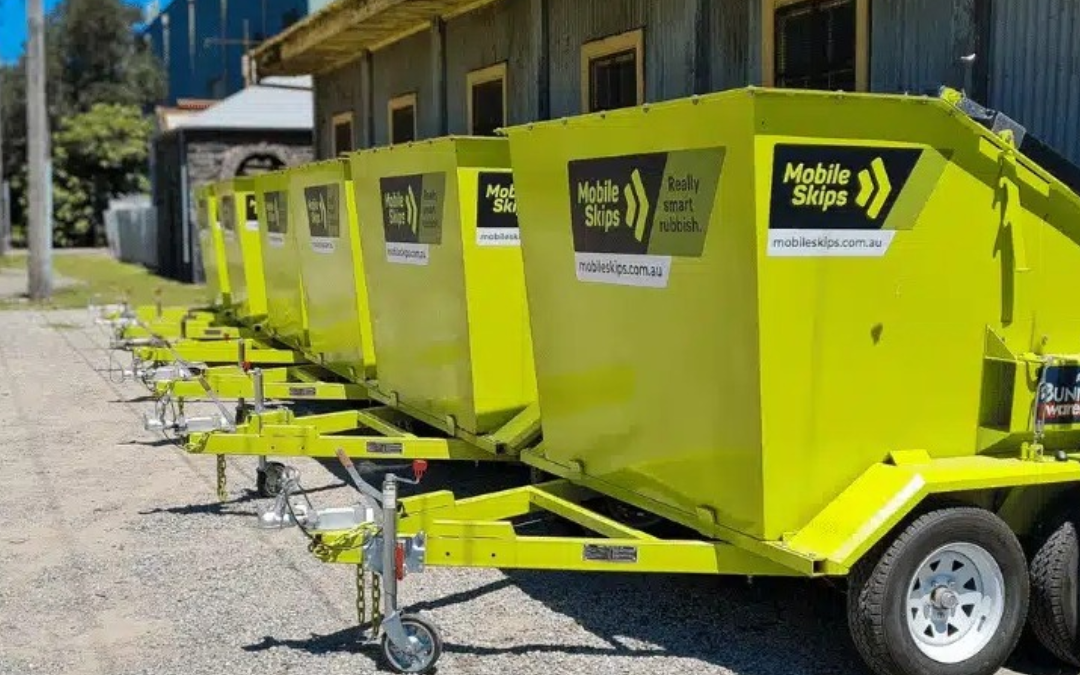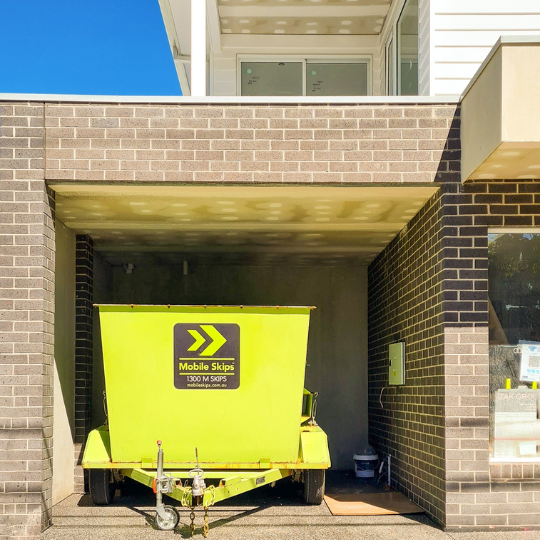Understanding Minimalism
Starting your journey to a clutter-free home? Let’s get cozy with the idea of minimalism and see how it can sprinkle some magic into your life.
What is Minimalism?
Minimalism isn’t about living in a white box with one chair. It’s about focusing on what really matters. Think of it as clearing out the junk to make space for the good stuff. It’s not just about having fewer things; it’s about figuring out what you actually need to live a happy, fulfilling life. By embracing minimalism, you’re saying “no thanks” to the constant push to buy more and “yes please” to a life filled with purpose and intention. Want to dive deeper? Check out Maximum Gratitude, Minimal Stuff for more insights.
Why Go Minimalist?
Going minimalist can seriously change your life. When you own less, your space feels bigger and your mind feels clearer. This clarity helps you focus on what really matters, like spending time with loved ones or pursuing hobbies. Plus, you’ll save time, money, and energy that you can use for things that truly make you happy. Minimalism also helps break the cycle of buying stuff you don’t need, which is great for the planet too. Curious about the perks? Check out Simple on Purpose and Becoming Minimalist for more.
Remember, minimalism is a personal journey. Your path will look different from anyone else’s, reflecting your own values and priorities. Embrace the process and enjoy the peace and freedom that come with it. Need some tips to get started? Take a look at our decluttering and minimalism guide.
Impact of Clutter on Mental Health
So, you’re thinking about decluttering your home? Great move! But it’s not just about making your place look Instagram-worthy. Clutter can mess with your head in ways you might not even realize.
Clutter and Anxiety
Believe it or not, that pile of stuff in the corner or the mess on your kitchen counter isn’t just an eyesore. It’s a stress factory. Clutter, whether it’s physical junk around your house or digital chaos in your inbox, ramps up your mental load, making you feel anxious.
Ever heard of ‘Nagging Unfinished Tasks’ (NUTS)? These are those half-done projects and unsorted laundry piles that seem to mock you every time you walk by. They scream, “Hey, you’re not done yet!” This constant reminder can tank your self-esteem and keep you in a perpetual state of stress.
Want to kick these stressors to the curb? Check out our guide on decluttering and mental health. It’s packed with tips to help you manage and reduce the anxiety that clutter brings into your life.
Stress from Physical Clutter
Your messy room isn’t just annoying; it’s stressing you out. Studies show that living in a cluttered space can spike your cortisol levels, the stress hormone. All that extra stuff overloads your senses, making you feel overwhelmed and anxious. Women, in particular, seem to get hit harder by this (Verywell Mind).
But it’s not just about feeling frazzled. High cortisol levels can mess with your health, leading to problems like high blood pressure and a weakened immune system. So, that clutter isn’t just annoying; it’s potentially harmful.
Ready to create a calm, stress-free environment? Dive into our decluttering tips for beginners. You’ll find easy steps to cut down on the clutter and, by extension, the stress in your life. If the thought of tackling the mess alone freaks you out, check out our resources on decluttering and organizing services. Professional help can make the whole process a lot smoother and less overwhelming.
Health Effects of Clutter
Your living space can seriously mess with your well-being. Clutter, which is just a fancy word for too much stuff lying around, can mess with your mind and body in ways you might not expect.
Stress Hormones and Health
Believe it or not, clutter can crank up your stress levels. When you’re surrounded by chaos, your body pumps out more cortisol, the stress hormone. High cortisol levels over time can lead to all sorts of health issues, like high blood pressure and a weak immune system. Basically, clutter can make you sick.
| Stimulus | Effect on Cortisol | Potential Health Impact |
|---|---|---|
| Clutter | More cortisol | High blood pressure, weak immune system |
Physical Health Impacts
Cleaning up your space isn’t just good for your home; it’s good for you too. Getting rid of clutter can help lower stress, ease anxiety, fight off depression, reduce tiredness, and even help you focus better (Verywell Mind). A study by NiCole Keith, PhD, found that people with clean homes are generally healthier. So, a tidy house might just be a secret to better health.
Living in a cluttered space can make your brain work overtime, leading to more stress and anxiety. This isn’t just about physical stuff either. Digital clutter, like a messy desktop or overflowing email inbox, can be just as stressful.
Want to get your home in order and feel better? Check out our articles on how to declutter your house and decluttering and organizing. These tips can help you clear the clutter and boost your mental and physical health.
Effective Decluttering Strategies
Creating a minimalist home isn’t just about having a cleaner space; it’s about making life simpler and more peaceful. Let’s get into some practical tips to help you set up a daily decluttering routine and understand why keeping up with it matters.
Daily Decluttering Routine
To keep clutter from taking over, try spending just 30 minutes each day organizing and getting rid of stuff you don’t need. Just half an hour a day adds up to 182.5 hours a year, which can make a big difference in how tidy your home is and might even lower your stress and anxiety levels (Minimalist Home).
Here’s a simple daily routine to get you started:
- Morning: Make your bed and quickly tidy up the bedroom.
- Afternoon: Clear the kitchen counters after lunch.
- Evening: Before bed, do a quick sweep through the living area, putting things back where they belong.
Breaking tasks into small, manageable chunks makes it easier to keep your space clutter-free.
Importance of Consistent Decluttering
Decluttering isn’t a one-time thing. As new stuff comes into your home, you need to decide what to keep and what to let go of. Simple on Purpose says that regular decluttering is key because we naturally accumulate things over time.
Try setting up a decluttering schedule every three months to make sure you’re only keeping what you need and love. Extra Space Storage suggests this quarterly approach to fully embrace minimalism.
To make it easier, you could try these strategies:
- Declutter One Room at a Time: Focus on one area so you don’t get overwhelmed. Use categories like ‘keep’, ‘sell’, ‘donate’, ‘recycle’, or ‘trash’.
- Designate an Outbox: Have a spot for items you’re unsure about. If you don’t use them within a set time, it’s time to let them go.
The goal of consistent decluttering isn’t just to make your space look nice, but to create an environment that supports your well-being. For more tips on how to declutter your house, check out our decluttering checklist for home.
By using these strategies, you’ll be on your way to a minimalist home that brings tranquility, simplicity, and joy. Keep learning with our home decluttering tips and stay committed to your decluttering journey for a more harmonious home and lifestyle.
Professional Decluttering Services
Feeling overwhelmed by the clutter in your home? Sometimes, a little extra help can make all the difference. That’s where professional decluttering services come in, offering the expertise and efficiency you need to transform your space.
Why Hire a Pro?
Bringing in a professional organizer has some serious perks. These folks know their stuff and can turn even the messiest rooms into peaceful havens.
- Know-How: Pros can size up your space and whip up strategies tailored just for you.
- Speed: They work fast and smart, freeing up your time for other things.
- Unbiased Help: An outsider’s perspective can make it easier to decide what stays and what goes.
- Less Stress: Letting someone else handle the mess can take a huge weight off your shoulders.
- Stay on Track: With a pro by your side, you’re more likely to stick to your decluttering goals.
Our Trusted Partners offer top-notch services to help you reclaim your space. They get that decluttering isn’t just about tossing stuff out—it’s about creating a space that feels right for you.
Smart Decluttering Tricks
Professional organizers have a bag of tricks to make decluttering a breeze. One popular method is the 4-box technique: sort items into boxes for donation, trash, recycling, and keeping. This keeps things moving and decisions simple (Minimalist Home).
Another favorite is “The Penalty Box.” Unsure about an item? Stick it in a box for a set time. If you don’t miss it, it’s easier to let it go.
Pros can also help with:
- Checklists: They can create a personalized decluttering checklist for home to make sure nothing gets overlooked.
- Organizing: Beyond tidying up, they can revamp your storage to make your space more functional.
- Eco-Friendly: They encourage decluttering and recycling, upcycling, or donating items to cut down on waste.
Sure, you can tackle decluttering on your own with some home decluttering tips, but a pro can speed things up and make the process smoother. Whether you’re decluttering before moving, downsizing, or just want a more organized home, a professional touch can make all the difference.
Sustainable Decluttering Practices
Cleaning up your space can do wonders for your peace of mind and the planet. When you start clearing out the clutter, think about how you can do it in a way that’s kind to Mother Earth.
Recycling and Donating Items
As you sift through your stuff, you’ll find things you don’t need anymore. Instead of just tossing them, why not give them a second life? Recycling and donating can keep these items out of the trash and help someone else.
Here’s how you can do it:
- Clothing: Give your old clothes to charity shops or local shelters.
- Books: Donate to community libraries or second-hand bookstores.
- Electronics: Take them to e-waste recycling centers.
- Furniture: Offer it to family, friends, or community groups.
A lot of what you don’t need anymore could be a treasure for someone else. Check out our decluttering and donating guide for more tips on where to donate your items.
Environmental Responsibility
When you’re getting rid of stuff, think about how you’re doing it. For big clean-outs, skip bins can be handy, but make sure you’re not throwing away hazardous materials like asbestos, chemicals, or oils the wrong way (Mobile Skips).
For a greener option, services like Mobile Skips work with top waste management companies to recycle waste responsibly (Mobile Skips). Plus, they plant a tree for every rubbish collection booked online (Mobile Skips).
By following these sustainable decluttering practices, you’re not just cleaning up your home—you’re also helping the environment. For more ideas on keeping your home clutter-free and eco-friendly, check out our home decluttering tips and consider professional decluttering and organizing services to help you out.
Minimalism as a Lifestyle
Minimalism isn’t just about tidying up your space; it’s about embracing a simpler, more mindful way of living. It’s about finding joy and purpose in the things you choose to keep around you. Imagine a life where everything you own has a reason to be there, either because it serves a purpose or brings you happiness.
Making the Shift to Minimalism
Switching to a minimalist lifestyle is more than just tossing out the junk. It’s about deciding to keep only what truly adds value to your life. Start by decluttering your home one room at a time. As you go through your stuff, ask yourself if each item is necessary, if it makes you feel good, and if it fits with your priorities.
Moving from just organizing your space to fully embracing minimalism is a big change in how you see things. You’ll start to appreciate the peace that comes with having fewer things and fewer obligations. This shift often leads to a “less is more” mindset, where having just the essentials brings more joy and meaning, as highlighted by No Sidebar.
Minimalism Beyond Stuff
Minimalism isn’t just about getting rid of physical clutter; it’s about cutting down on commitments, relationships, and activities that don’t add to your life. When you clear out the unnecessary, you’ll find more time and energy for what truly matters—like spending time with loved ones or pursuing hobbies that make you happy.
There’s no one right way to be a minimalist. It’s a personal journey that depends on your own life and what you value. Minimalism helps you focus on what’s important, freeing up your time, money, and energy for what really counts.
Minimalism also helps you break free from the constant urge to buy more stuff. After decluttering, you won’t feel the need to fill up the empty spaces with new things. It encourages generosity, as you’ll often find you have more to give. By questioning your habits and assumptions, minimalism can lead to a deeper understanding of yourself and benefit both you and your community (Becoming Minimalist).
Adopting minimalism isn’t just about having a neat home; it’s about creating a peaceful, purpose-driven life. Dive deeper into this lifestyle with our articles on decluttering and minimalism, decluttering and mindfulness, and decluttering and reducing stress.
Creating a Minimalist Home
Living simply can change not just your space but your whole vibe. Here’s how to make your home a minimalist haven that’s both stylish and stress-free.
Practical Tips for Minimalist Living
Minimalist living is all about keeping what matters and ditching the rest. Here’s how to get started:
- Declutter Bit by Bit: Spend just 30 minutes a day clearing out stuff. Over a year, that’s more than 180 hours of decluttering! It’s a small daily habit that can make a big difference. (Minimalist Home)
- One Room at a Time: Focus on one room so you don’t get overwhelmed. Sort your stuff into piles: keep, sell, donate, recycle, or trash. (Extra Space Storage)
- Question Everything: Ask yourself if each item is useful or brings you joy. If not, it’s time to say goodbye. This helps you live more intentionally. (Simple on Purpose)
- Tame Digital Clutter: Clean up your inbox and files. A tidy digital space can boost your mental health. (Minimalist Home)
- Smart Storage: Get clever with storage solutions to keep essentials out of sight but easy to find. Check out our storage solutions for ideas.
Need more help? Our decluttering checklist for home has got you covered.
Designing a Minimalist Space
Minimalism isn’t just about having less stuff—it’s about smart design and functionality. Here’s how to nail that minimalist look:
- Neutral Colors: Stick to whites, beiges, and greys for a calm, timeless feel.
- Quality Over Quantity: Invest in a few high-quality pieces instead of lots of cheap ones. It reduces clutter and adds a touch of luxury.
- Open Spaces: Don’t fill every corner. Let your rooms breathe.
- Texture Play: Mix in different textures like a knitted throw or a shaggy rug to keep things interesting.
- Minimal Decorations: Less is more. A single piece of art or a potted plant can make a big impact.
For room-specific tips, check out our guides on creating a minimalist kitchen, bedroom, and wardrobe.
By following these tips, you can turn your home into a peaceful retreat that embodies the essence of minimalism—simplicity, clarity, and harmony.

